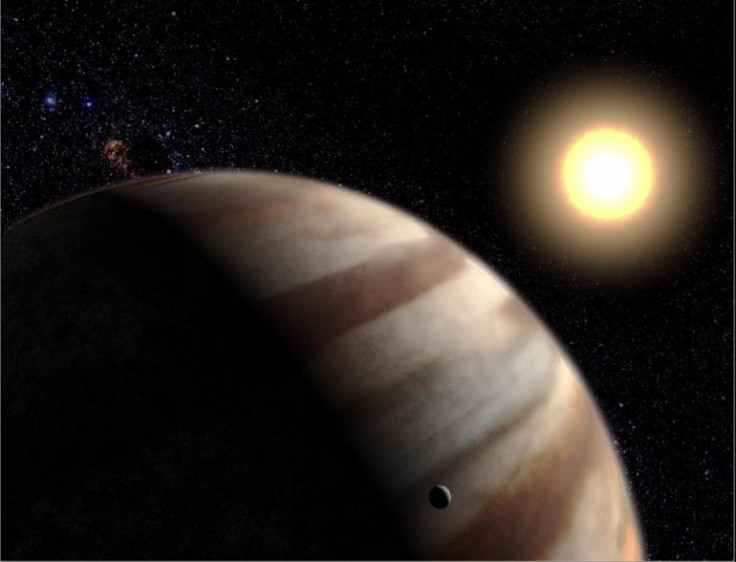Earth 2.0: Four New Habitable Planets Discovered

Four of the 715 new planets discovered this week have brought scientists a step closer in discovering "Earth 2.0".
According to Nasa, the planets lie within the habitable "Goldilocks" zone of their own suns, meaning they orbit at a distance that allows water to exist in liquid form.
The latest results show the newly discovered planets were between the size of Earth and Neptune, within the "habitable" area of their stars where life as we know it is sustainable.
The research, using the Kepler space telescope, is further evidence the Milky Way is teeming with planets which are similar to our own. The data also revealed the celestial bodies are in orbit of 305 different stars.
Nasa revealed that one of the planets, called Kepler-296f, orbits a star that is half the size and 5pc as bright as our Sun.
It is double the size of Earth, but could be a gaseous world with a thick hydrogen-helium envelope, or a water world with a deep ocean.
The Nasa programme to identify exoplanets uses a new statistical method which analyses data gathered by the Kepler telescope, which was launched in 2009.
The new technique has made planetary discoveries more frequent and detailed, as it analyses potential planets in batches, rather than one at a time.
Using the method, the number of known exoplanets in the Milky Way has increased to 1,700. In total, nine habitable exoplanets have been discovered and there are an estimated 3,500 to be confirmed. The first was discovered around two decades ago,
According to Sarah Seger, professor of physics and planetary science at Massachusetts Institute of Technology, many of the new planets are likely to be more like Earth than scientists initially thought.
She said: "Whatever Kepler looks at, it finds many small planets. It is interesting to look at the exoplanet data set and see scaled down versions of our solar system, we are putting ourselves into context."
She added: "That's why we have confidence that there will be planets like Earth in other places."
Speaking to reporters at a conference call, Douglas Hudgins, head of exoplanet exploration at Nasa headquarters in Washington, said on Thursday: "We almost doubled, just today, the number of planets known to humanity."
© Copyright IBTimes 2025. All rights reserved.






















